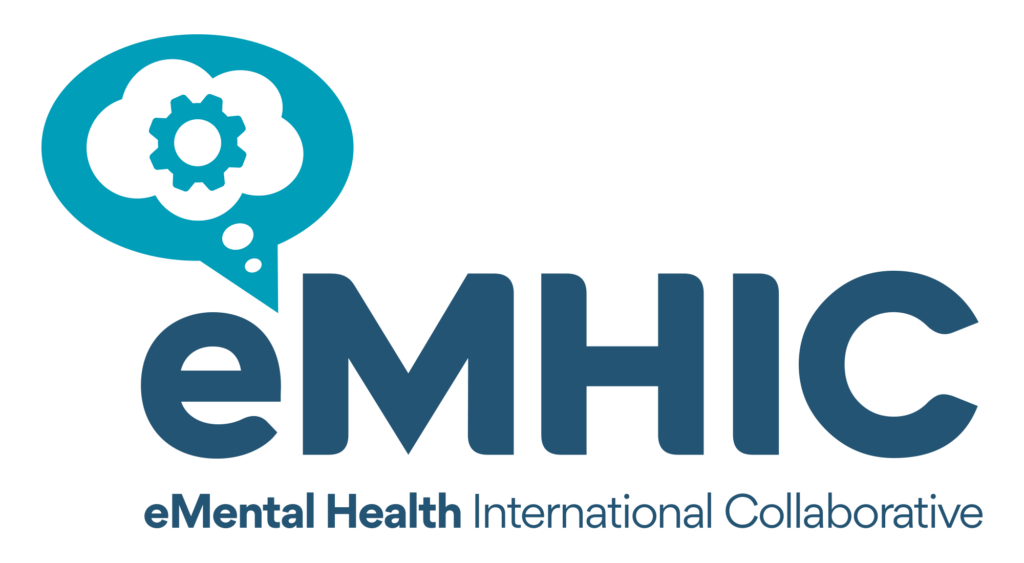The youth mental health crisis is a global challenge, with young people worldwide facing escalating mental health concerns fueled by systemic inequities, fragmented services, and widespread disruptions. Mental Health Research Canada’s (MHRC) landmark report, “A Generation at Risk: The State of Youth Mental Health,” highlights the alarming scale of the issue in Canada, where 19% of youth accessed mental health support in the past year, yet 720,000 young people who needed help did not receive it. This report serves as a critical call to action, emphasizing the urgency of coordinated, global efforts to establish a robust framework for youth mental well-being.
The Global Youth Mental Health Challenge
Young people globally are disproportionately affected by mental health issues. Between 2015 and 2020, Canadian youth aged 16–24 experienced a sharper decline in mental health compared to the general population, mirroring trends seen worldwide. Suicide remains the second leading cause of death among youth globally, a grim statistic that highlights the urgent need for comprehensive solutions.
From anxiety and depression to suicidal ideation, youth are navigating unprecedented mental health burdens. Despite increased openness to discussing mental health, barriers to education, access, and stigma reduction remain significant challenges worldwide.
Addressing Systemic Inequities
Mental health struggles are universal, but systemic barriers create disparities that disproportionately affect marginalized communities:
- 2SLGBTQI+ Youth: Around the world, LGBTQ+ youth face heightened risks, often due to social stigma and inadequate support systems.
- Indigenous Communities: Indigenous youth globally experience disproportionately high rates of mental health issues, compounded by geographic isolation and systemic discrimination.
- Ethnic Minorities and Immigrants: Across countries, Black and immigrant youth encounter cultural and systemic barriers that limit access to care.
Efforts to address these inequities must involve culturally competent care and targeted interventions that meet each group’s unique needs.
Key Pillars for Global Transformation
The lessons from the MHRC report highlight three critical areas for global application:
- Prevention and Early Intervention
Educating young people and their support systems on mental health literacy can prevent crises before they escalate. Resilience-focused programs and early intervention initiatives can serve as blueprints for international efforts. - Improving Service Quality
A shift toward holistic, evidence-based care tailored to youth needs is essential. Integrated youth service models—co-designed with young people—can bridge the gap between services and those in need. - Expanding Access to Support
Equitable access to mental health services requires innovative solutions like telehealth and community-based care. These approaches reduce barriers and provide scalable, youth-centric models that can be adapted across regions.
Building Resilience and Reducing Stigma
Resilience-building is at the core of empowering young people. Global campaigns to normalize mental health conversations and combat stigma can foster environments where seeking help is encouraged. Digital literacy programs can also address the misinformation youth encounter online, ensuring they have the tools to navigate mental health resources effectively.
An Economic and Moral Imperative
The economic and societal costs of untreated mental health issues are staggering, from healthcare expenses to lost productivity. Investing in youth mental health addresses a moral responsibility and strengthens a nation’s social and economic fabric. Preventative care and accessible support systems yield long-term benefits for individuals and society alike.
A Call for Collective Action
The global youth mental health crisis requires a united approach. Policymakers must prioritize funding and system-wide reforms, communities must champion mental health literacy and resilience, while parents, educators, and leaders play pivotal roles in fostering supportive environments for youth.
We can create a global movement toward youth mental well-being by adopting the frameworks outlined in the MHRC report and adapting them to diverse contexts. The time to act is now—our collective future depends on it.
The Foundation of a Thriving Global Community
Youth are the foundation of a thriving global community. Addressing the mental health crisis they face today is not just essential for their well-being but critical for the sustainability and prosperity of societies worldwide. It is time to invest in prevention, improve service quality, and expand access to mental health care, ensuring that every young person, regardless of where they live, has the opportunity to thrive.
Read MHRC’s full report here.




